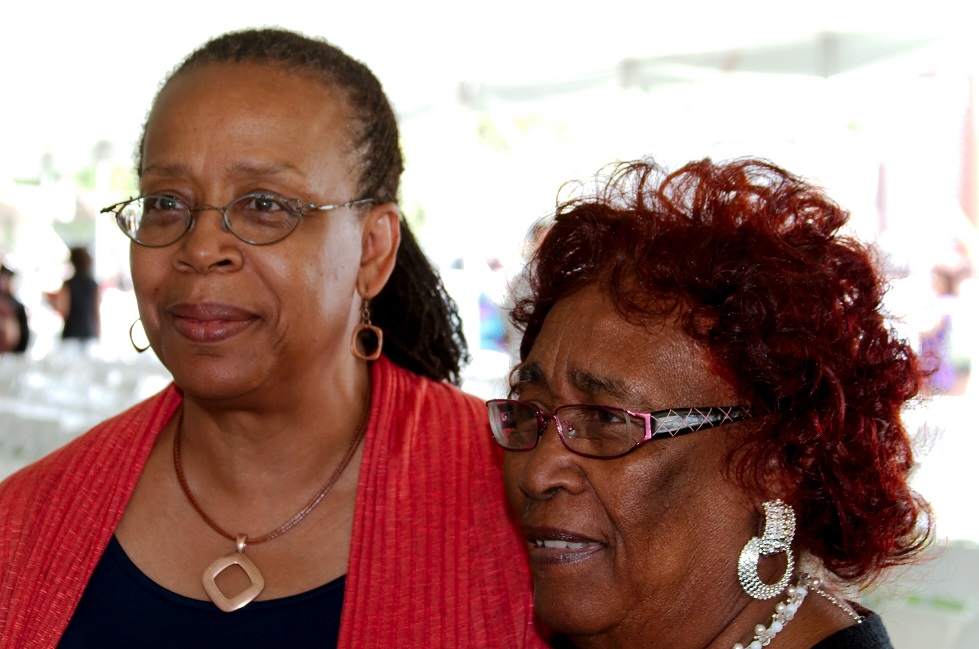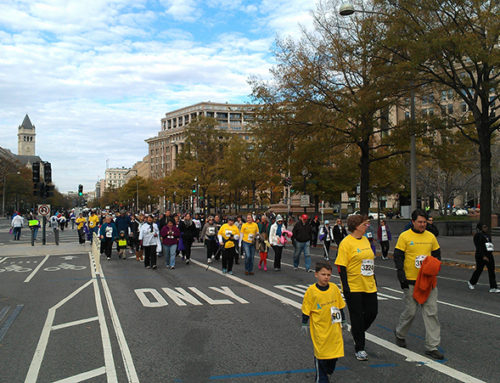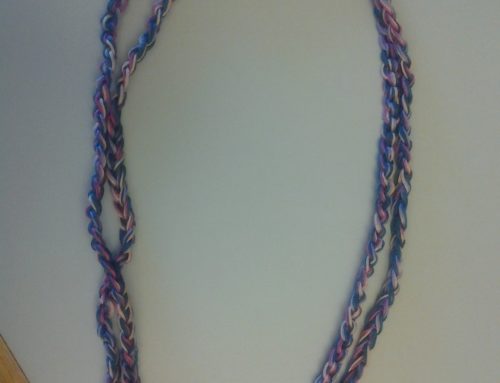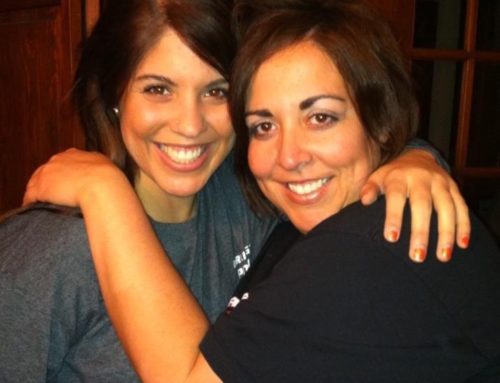I am a daydreamer, a reformed worrier, an optimistic realist, a “what-iffer,” a writer. I am a mother and a wife and a grandmother, a storyteller and a writing mentor, a slow but constant reader and a quick study. I am also an ovarian cancer survivor. It is the least of who I am but once attempted to dominate my life, to occupy a disproportionate share of my thoughts, my living quarters.
Placing “I” and “cancer” in the same sentence continues to be disorienting, even after 16 years. The word that makes it possible for me to articulate the others is “survivor.” It is the word that also makes me laugh out loud “just because.”
In 1996, I had a hysterectomy to remove fibroid tumors and an ovarian cyst. Although, for 2 years, I’d had a persistent pattern of symptoms that could have suggested ovarian cancer—abdominal bloating, weight gain, frequent urination, and excessive menstrual bleeding—it was neither in my awareness bank nor on my gynecologist’s radar. Going into surgery, my greatest concerns, aside from the general uncertainty associated with major surgery, were whether I’d have estrogen replacement therapy afterward and whether my sex life would be diminished, quantitatively or qualitatively. (Mention of the latter concern embarrasses my three daughters, who regularly and with great affection have referred to their father and me as “the perverts.”)
After discovering the tumorous ovary during surgery, my gynecologist wisely contacted a gynecologic oncologist—the most appropriate doctor to stage and treat gynecologic cancers—to complete the surgery, providing me with a significant survival advantage. Six days later, a pathology report confirmed that I had ovarian cancer—clear cell, Stage IA—and my life, my family shifted to explicit survival mode.
My family helped me to laugh—not to forget to live while struggling to survive—through surgery, the diagnosis, a long unexpected hospital stay, six 2-day chemotherapy sessions, weekly blood tests (I am deathly afraid of needles), anxious waits for CA-125 tumor marker results, and the uncertainty and heightened sense of mortality that is always a part of life after cancer.
Fortunately, for me and for my health, my family is funny and prone to find the lighter side of anything. It filled my hospital rooms with laughter that sometimes pulled me unwittingly into the real world, alive and still full of joy. My mother put onions in my socks—a variation on a home remedy—to break a persistent high fever. (The smell of onions filled the room and baffled the nursing staff.) I had to survive to see what my family would do next. It was/is always with me providing unconditional support and laugh therapy.
I often remind my daughters that they are never alone, never without me, because they are not, will never be. That is inconceivable. And, no other cancer patient-survivor will ever be alone. My thoughts are always with them, sending healing vibes, strengthening them and drawing strength, speaking out for them, praying for and with them.
My daughters—who are at increased risk for ovarian cancer because I am their mother—accuse me of advertising, telling anyone who will listen that I am an ovarian cancer survivor. I say I’m just giving a healthy, activist face to the disease, especially for African-American women and other women of color.
I am a daydreamer, still.





